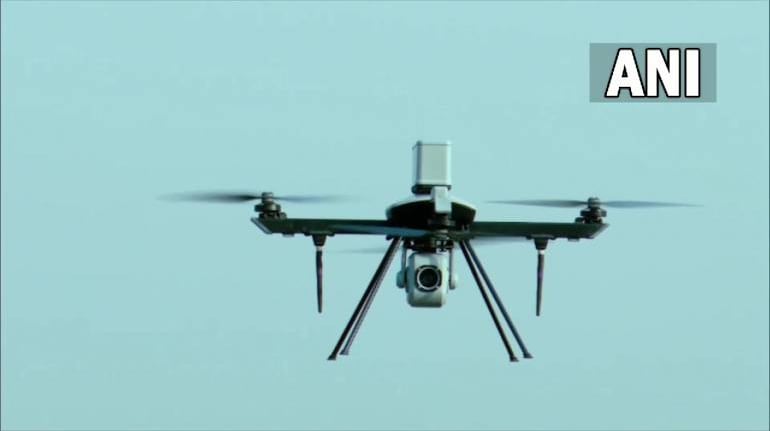



With an aim to address the drone industry’s pain point regarding the lack of clarity around exports of unmanned aerial vehicles (UAV), the ministry of commerce has proposed amendments in category 5B of the Special Chemicals, Organisms, Materials, Equipment, and Technologies (SCOMET) list under the Directorate General of Foreign Trade (DGFT).
Export of SCOMET such as drones are permitted only if authorised. However, it is important to note that drone exports fall not just under category 5B of SCOMET, but also category 6 and category 8A912.
This has long created confusion in the industry regarding the category under which one is to apply for export authorisations.
The current amendment focuses only on category 5B.
Separately, the draft has proposed a General Authorisation for Export of Drones (GAED) policy, where SCOMET authorisations will not be necessary for certain UAVs, subject to conditions.
The draft GAED policy says that SCOMET authorisation will not be required for export or re-export of UAVs, including drones, that are capable of a range equal to or less than 5 km, and delivering a payload of not more than 5 kgs, subject to conditions.
Applications submitted by an exporter for such UAVs would be examined by an Inter-Ministerial Working Group (IMWG).
The draft has been opened for public consultation and comments have been invited till September 15.
Smit Shah, president, Drone Federation of India, said the organisation is collating comments from the industry, which shall be submitted to the government in the coming days.
Moneycontrol was the first to report that the government was working on a drone export policy.
5B amendmentsUnlike the existing category 5B, which does not specify the kind of drones that may be exported, the draft has specified the types of drones, their technical specifications, and so on.
“Complete UAVs (including cruise missile systems, target drones, exclusive delivery drones, drones with encrypted / satellite communication, drones with surveillance (> 10x Zoom), explosive / warhead / electronic warfare payload capability, and reconnaissance drones) or any technology or software related to it,” the draft amendment read.
The amendment has also included aerosol-spraying drones capable of undertaking beyond the visual line of sight (BVLOS) flights, with a capacity greater than 20 litres. These kinds of drones are used in farming to spray fertilisers or pesticides.
“Our only recommendation is for the 10-litre Garuda Kisan drone to be included in clause B, as currently only (drones with) 20-litre capacity and more are included,” said Agnishwar Jayprakash, CEO, Garuda Aerospace.
With these amendments in place, Garuda Aerospace expects to commence exports to UAE, Malaysia, Africa, and South America.
“The proposed policy should address the request from the industry to enable the export of micro- and mini-drones normally used for non-defence applications, with minimal paperwork,” Avdhesh Khaitan, CEO, Kadet Defence Systems told Moneycontrol.
Kadet Defence Systems recently completed deliveries of its JX2 Aerial Target System for air defence training to the Philippines.
Discover the latest Business News, Sensex, and Nifty updates. Obtain Personal Finance insights, tax queries, and expert opinions on Moneycontrol or download the Moneycontrol App to stay updated!
Find the best of Al News in one place, specially curated for you every weekend.
Stay on top of the latest tech trends and biggest startup news.